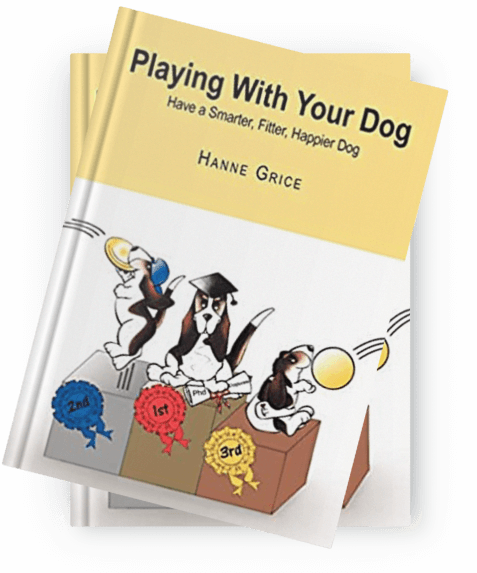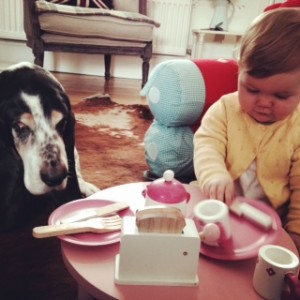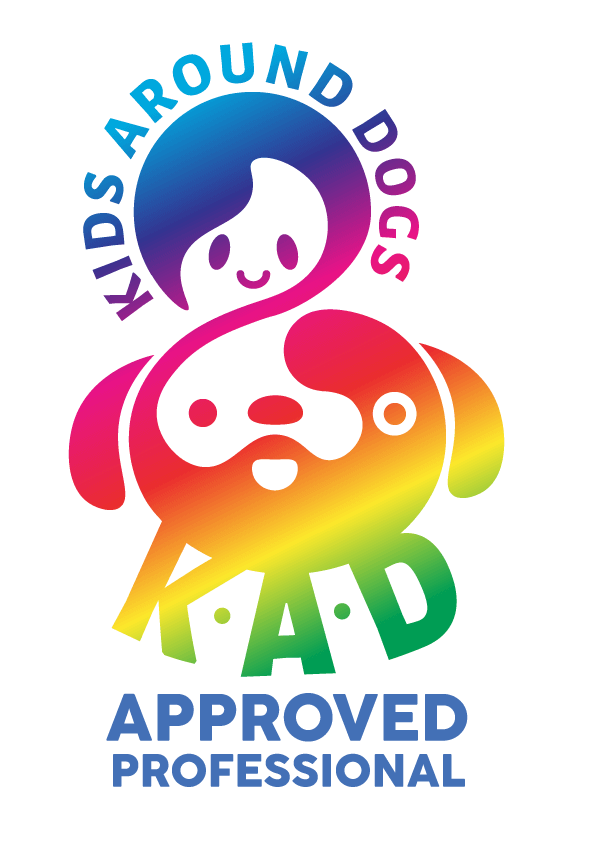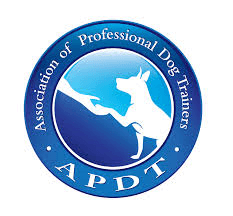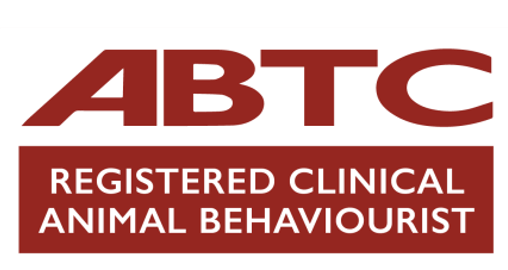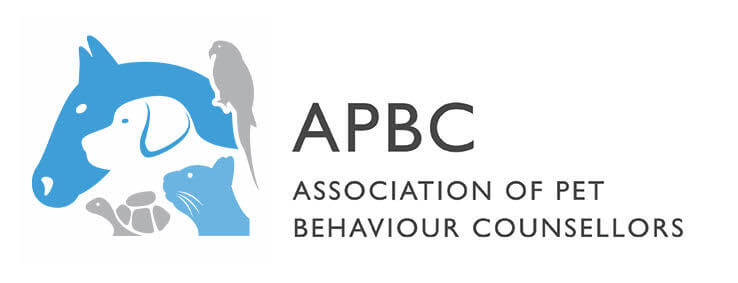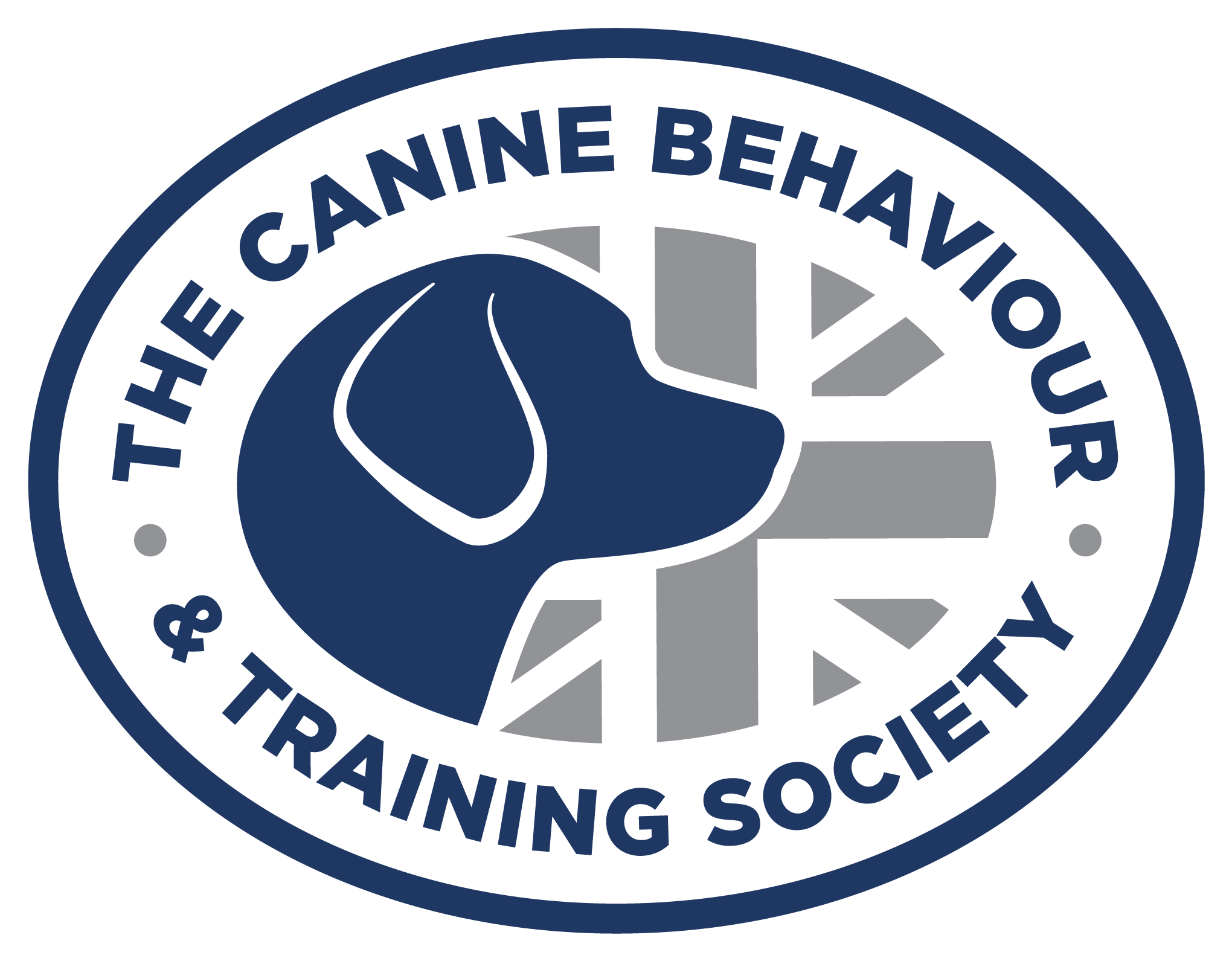In my role as a dog trainer and behaviour specialist, a huge amount of my time is spent helping owners who are experiencing unwanted behaviours from their pet. In many cases, there is miscommunication between the dog and owner; where actions the owner has taken have very often – and – unwittingly led to the problem behaviour occurring in the first place.
Typical misunderstanding occurs when an owner becomes frustrated at the dog for not doing what they want him to do, or doing something he shouldn’t have done in the first place; all the dog hears is “no” or “stop it” and all the dog sees is an angry face. Soon Fido starts to tune out and ignore this grumpy person. That’s when I am called in to help the owner and dog relationship with the use of positive reinforcement methods that include; teaching the owners how to redirect unwanted behaviour and ensuring they acknowledge and praise their dog for doing something they like, each and every time.
But dog trainers make mistakes too…
I am fortunate enough to run my own business, be mummy to a ten month old baby (a.k.a ‘little one’) and have various ‘fur-kids’ including Howard the eight year old Basset Hound. Soon the little one will have her first birthday and I wanted to get her a present, so I purchased a wigwam. Now, I am not known for my DIY skills in our household (in fact it once took me 6 hours to make an Ikea bed, resulting in me missing that night’s sleep in the process), however, I was pretty chuffed that I managed to assemble the wigwam in less than 20 minutes. I even photographed the event for posterity! I kept the wigwam up that night so the old man could see it on his return from work, and I soon forgot about it as I caught up on paperwork. As the clock ticked passed the witching hour, I stumbled off to bed.
The next morning I was abruptly woken by the old man telling me that “my dog” has a runny tummy and has dripped poop in the wigwam. (Isn’t the dog always yours when something goes wrong?).
I raced downstairs to view the damage and there – before my eyes – was the offending stain inside the brand new wigwam. I spun around crying out “Howaaaard” and as fast as his little stubby legs would carry him, Howard was out the back door in a flash. Every bone in my body immediately said: “Why did you do that – you know better than that?” but in that very moment all the frustration and upset at seeing that brown patch on my daughter’s gift simply spilled out.
I took a deep breath and gently asked Howard to come; he approached with caution, after all, his human had just spooked him. He presented me with various appeasement gestures (crouching down, some look away’s and lip licking – some of the visual cues that are often misinterpreted by owners as an admission of guilt), I knew Howard was simply reacting in direct response to my actions. We kissed and made up, and I’m pleased to report that the wigwam is clean and Howard‘s tummy is no longer runny.
So, what’s the morale of this story?
I set myself and my dog up to fail. My actions led to this incident;
- I knew Howard had a runny tummy because I spotted it earlier that evening but didn’t consider he may have an accident overnight because he is potty trained.
- Like most dogs, Howard likes enclosed dark spaces; he had already shown interest in the wigwam when he enjoyed investigating it with me and the little one earlier that day.
So, if I had used ‘total management’, one of the many ways we can tackle problem behaviours to reduce or stop the opportunity of it occurring, I would have simply packed up the wigwam or restricted Howard’s access to the birthday gift, therefore keeping it nice and clean. This may not have stopped Howard’s inability to not drip that night, but a tiled floor is a lot easier to clean.
A final word
We humans seem to be hard-wired to correct undesirable behaviour, somehow thinking that shouting will get the desired result. While in the heat of the moment it may make us feel better to shout, it actually can cause a lot of damage leading to mistrust between the dog and owner. It takes effort to shout at our dog and this may escalate the problem behaviour resulting in a dog bite.
So, why not put the same effort into praising and rewarding the dog when he does something we do like? When we give our dog feedback that he’s doing something good – and – take a common sense approach (like restricting the access to a child’s wigwam), we can avoid problems happening in the first place. Alfred Mercier wrote: “What we learn with pleasure we never forget” and this holds true for all species including humans, dogs – and dog trainers!
Learn more about our classes
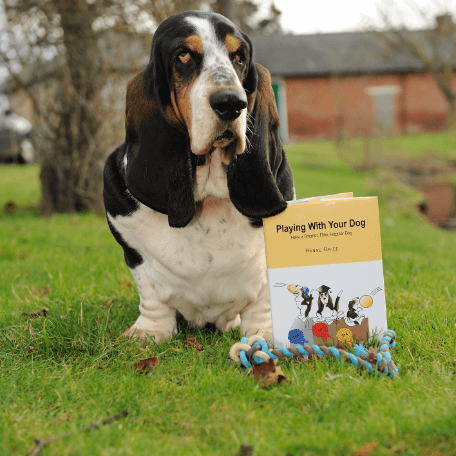
Get Hanne's Book
Playing With Your Dog will help any dog owner work out the games that are best suited for their pet to play throughout his life, from puppyhood to old age. The book also shares some tricks for all ages, group activities, and recommended toys that dogs will enjoy.
